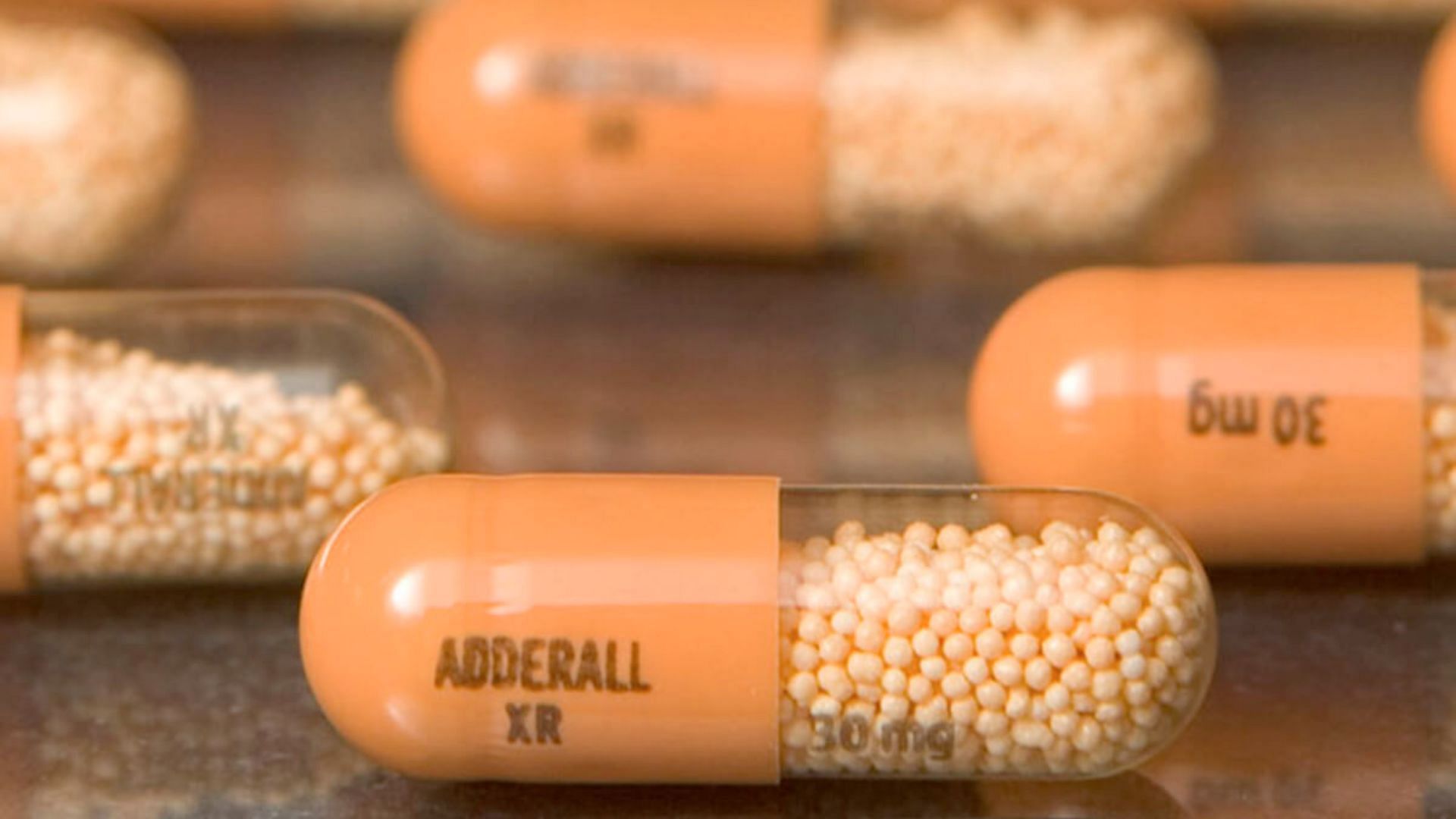Earlier this month, the United States Food and Drug Administration announced a nationwide shortage of Adderall. It is an immediate relief amphetamine release drug used to treat conditions like ADHD and narcolepsy.
Over the past few weeks, patients have had trouble filling in this prescription drug and this lack of access could lead to some serious problems.

Patients have resorted to rationing the pills, driving for hours to different pharmacies, and seeking out alternatives to the drug. There are currently 200 other drugs in shortage, but this particular crisis will not bode well for the American overdose crisis.
Adderall - benefits, withdrawal symptoms, alternatives, and all you need to know
Adderall is a drug that is most commonly used to treat attention deficit hyperactivity disorder or ADHD. Although a more generic version called mixed amphetamine salts is available, there is not enough supply to meet the nation's demand.
How it works is that it aids in raising the brain's dopamine and norepinephrine levels. These are the two neurotransmitters that play an important role in the prefrontal cortex, the area of the brain that is used to regulate actions, thoughts, and emotions. Their range of effects includes increasing alertness, energy, and improving focus.

The drug has some undesirable side effects such as appetite suppression, increased heart rate, and blood pressure, etc, making it a prescription medication rather than over the counter. If taken in excess, it can cause serious problems, that might even be fatal.
Patients can sometimes experience withdrawal symptoms after not taking Adderall for some time, especially if they are accustomed to a high dose. Though the symptoms are not as intense as opioid or alcohol withdrawal, it is key that the patient is being monitored. Abrupt cessation can lead to symptoms such as anxiety, fatigue, sleep disturbances, irritability, and depression.
In some cases, symptoms can go as far as giving the patient suicidal thoughts and behaviors.

This shortage has led to several issues. While some people are okay with dealing with the shortage, others have turned to seek out substitutes from the black market. When a large chunk moves away from the pharmaceutical market to the illegal one, the consequences are dire.
The parallels are eerily similar to the start of the opioid crisis back in 1996. The opioid crisis is still one of America's greatest battles. A large number of patients who have been prescribed a controlled prescription are facing unexpected supply shortages and are now seeking substitute or alternative medications.
Other treatments for ADHD include coping strategies. Though they are not substitutes for medication, they can aid in changing life circumstances. These strategies improve organization and to minimize the sense of feeling overwhelmed. It is possible to adjust the environmental conditions around you so you might be able to cope without medication.
Almost 10% of children and 5% of adults in America, have ADHD, with the diagnosis rate rising 22 times since 2006. The shortage is expected to run all the way through January 2023. Patients who have been prescribed Adderall are encouraged to ask their primary doctor for alternative medicines that have the same effect.

